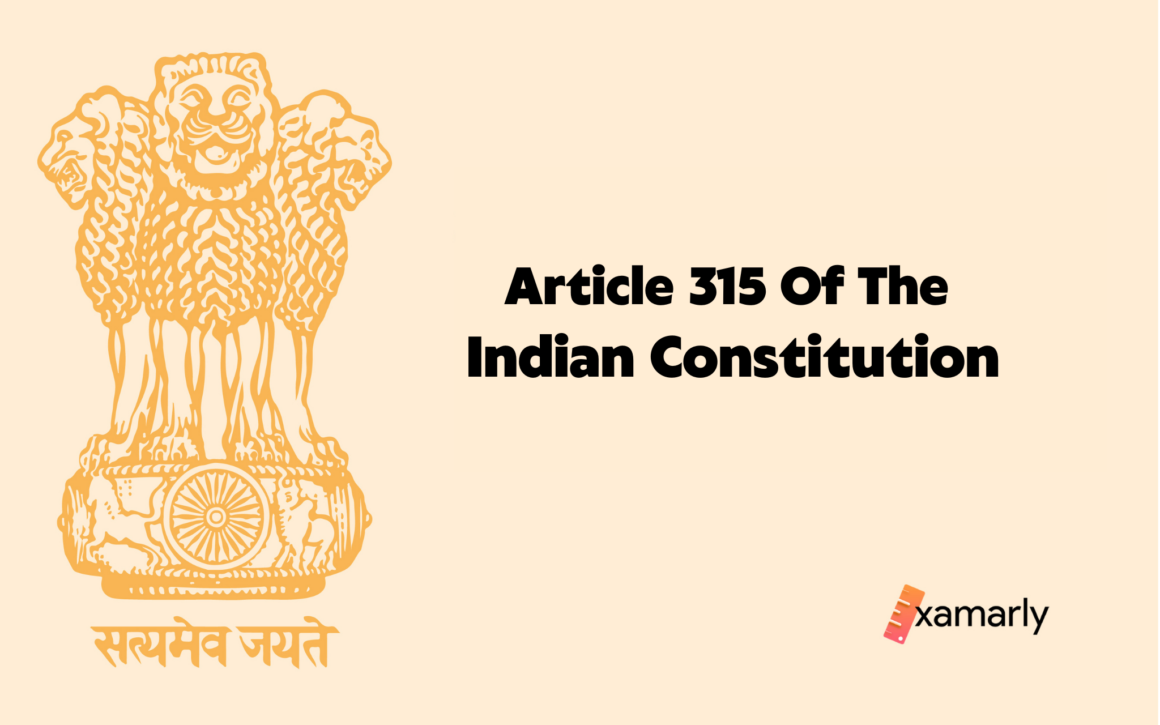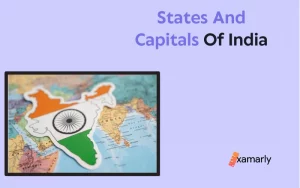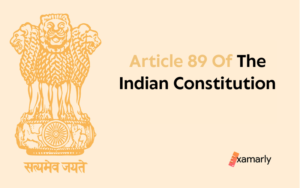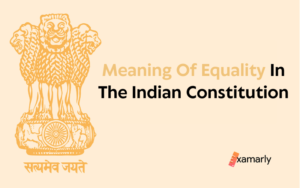Article 315 of the Indian Constitution establishes the Public Service Commissions for the Union and for each state.
The purpose of these commissions is to ensure that appointments to the various civil service positions in the government are made in a fair and transparent manner, based on merit and without bias or discrimination.
The commissions are responsible for conducting exams and interviews for candidates seeking to join the civil service, and for making recommendations for appointment to the appropriate authorities.
The commissions are also responsible for disciplining members of the civil service, and for providing advice to the government on matters related to the civil service.
Let us dig deep into Article 315 of the Indian Constitution and get to know all the concepts related to it.
- Article 315 Of The Indian Constitution – In Detail
- Clause 1 – As It Is – Explained
- Clause 2 – As it is & Explained
- Clause 3 – As it is & Explained
- Clause 4 – As it is & Explained
- Clause 5 – As it is & Explained
- Summing Up
- FAQs on Article 315 Of The Indian Constitution
- What is a Public Services Commission?
- What are the responsibilities of a Public Services Commission?
- How are members of a Public Services Commission appointed?
- What is the role of a Public Services Commission in the recruitment and selection of public servants?
- Can a Public Services Commission discipline public servants?
Article 315 Of The Indian Constitution – In Detail
We will break down each and every clause present in it to have an in-depth understanding of what is being said and done.
Clause 1 – As It Is – Explained
(1) Subject to the provisions of this article, there shall be a Public Service
Commission for the Union and a Public Service Commission for each State.
The first clause of Article 315 of the Indian Constitution says that with respect to the provisions of Article 315, there will be a Public Service Commission for the Union and Public Service Commission for each state.
Clause 2 – As it is & Explained
(2) Two or more States may agree that there shall be one Public Service
Commission for that group of States, and if a resolution to that effect is passed
by the House or, where there are two Houses, by each House of the Legislature
of each of those States, Parliament may by law provide for the appointment of a
Joint State Public Service Commission (referred to in this Chapter as Joint
Commission) to serve the needs of those States.
The second clause of Article 315 of the Indian Constitution says that the Parliament may by law provide for the appointment of a Joint State Public Service Commission (referred to in this Chapter as Joint Commission) to serve the needs of those States if two or more States agree that there shall be one Public Service Commission for that group of States.
In relevance, if a resolution to that effect is passed by the House or, where there are two Houses, by each House of the Legislature of each of those States.
Clause 3 – As it is & Explained
(3) Any such law as aforesaid may contain such incidental and
consequential provisions as may be necessary or desirable for giving effect to
the purposes of the law.
The third clause of Article 315 of the Indian Constitution says that any law enacted in the aforementioned manner may include such ancillary and consequential provisions as are required or advisable for carrying out the law’s declared purposes.
Clause 4 – As it is & Explained
(4) The Public Service Commission for the Union, if requested so to do
by the Governor of a State, may, with the approval of the President, agree
to serve all or any of the needs of the State
The fourth clause of Article 315 of the Indian Constitution says that after being asked to do so by a state’s governor, the Union’s Public Service Commission, with the blessing of the President, may agree to meet all or part of the state’s requirements.
Clause 5 – As it is & Explained
(5) References in this Constitution to the Union Public Service
Commission or a State Public Service Commission shall, unless the context
otherwise requires, be construed as references to the Commission serving the
needs of the Union or, as the case may be, the State as respects the particular
matter in question
The fifth clause of Article 315 of the Indian Constitution says that unless the context clearly indicates otherwise, any reference in this Constitution to the Union Public Service Commission or a State Public Service Commission shall be deemed to refer to the Commission that serves the needs of the Union or, as the case may be, the State with respect to the subject matter at hand.
You Might Also Like To Read – Article 317 Of The Indian Constitution
Summing Up
We can conclude from Article 315 of the Indian Constitution that it establishes the Public Service Commissions for the Union (central government) and for each state in India.
These commissions are responsible for ensuring fair and transparent appointments to the civil service, based on merit and without bias or discrimination. The article also allows for the possibility of multiple states agreeing to have a single Public Service Commission for their group of states, or for one state’s commission to serve the needs of multiple states.
The Union Public Service Commission may also, with the approval of the President, agree to serve the needs of a state upon request.
The reference to the Union or State Public Service Commission in the Constitution refers to the commission serving the needs of the Union or the relevant state, depending on the matter in question.
FAQs on Article 315 Of The Indian Constitution
Here are a few frequently asked questions about Public Services Commissions:
What is a Public Services Commission?
A Public Services Commission (PSC) is a governmental agency or body responsible for overseeing and managing the recruitment, promotion, and discipline of public servants in a country. The PSC sets policies and procedures related to the hiring, promotion, and conduct of public servants and ensures that these policies are followed fairly and consistently.
What are the responsibilities of a Public Services Commission?
The specific responsibilities of a Public Services Commission may vary depending on the country and its system of government. Generally, PSCs are responsible for:
Setting policies and procedures related to the recruitment, promotion, and discipline of public servants
Ensuring that public servants are hired and promoted on the basis of merit
Providing advice to the government on matters related to the public service
Conducting investigations into the conduct of public servants
Making recommendations to the government on appointments, promotions, and disciplinary action
How are members of a Public Services Commission appointed?
The process for appointing members of a Public Services Commission may vary depending on the country. In some countries, PSC members may be appointed by the head of state or the government, while in others they may be elected by the legislature or appointed through a selection process. In some cases, PSC members may be selected from among current or retired public servants, while in others they may be chosen from outside the public service.
What is the role of a Public Services Commission in the recruitment and selection of public servants?
The PSC is responsible for overseeing and managing the recruitment and selection of public servants. This typically includes setting policies and procedures for the recruitment process, issuing job advertisements, receiving and reviewing applications, and conducting interviews and other assessments. The PSC may also be involved in making final decisions on appointments and making recommendations to the government on appointments and promotions.
Can a Public Services Commission discipline public servants?
Yes, PSCs have the authority to discipline public servants in certain circumstances. This may include imposing penalties such as reprimands, demotions, or dismissals. The specific process for disciplining public servants may vary depending on the country and the rules and regulations governing public service.






